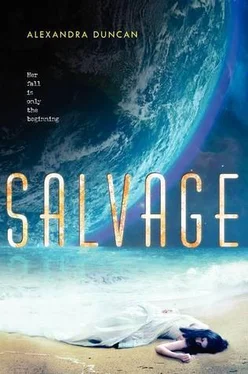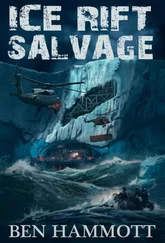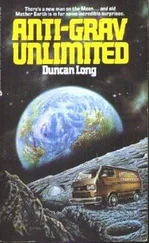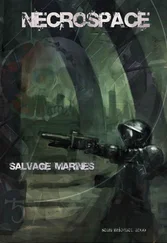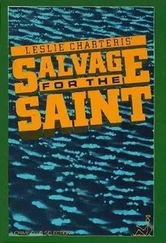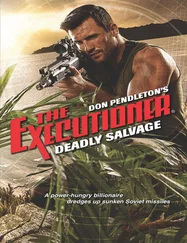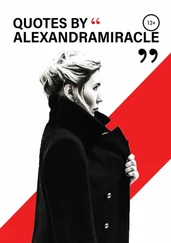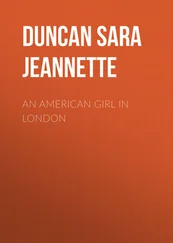“The seal’s cracked,” I say. “It’s the water what’s shorting it out.”
I reach for a drying fix and hold it over the fuser long enough to steam off the water, then check the connections and snap the machine back together. It closes seamlessly around itself. All the while, Perpétue watches me.
“D’ you have any of that gummy stuff what’s sticky on one side and metal on the other?” I ask. The water touches the back of my knees.
Perpétue raises her eyebrows. “Steel adhesive?” She presses the catch on a drawer built into the wall and rummages through its depths. She comes up with a tight-coiled spool of exactly the stuff I need. “This?”
“Right so.” I nod my thanks. I pull off a strip and press it over the crack above the trigger. Quick, quick, I tell it. I wish Perpétue would go back to pumping, but I don’t dare say so, and she seems content to watch me work, even as the water inches up around us. As soon as the steel tape finishes sealing itself, I mash the fuser’s bright red ON button. It powers up with a healthy whine and all its indicator lights blink on, one by one.
“Try it now.” I hand the fuser over to Perpétue.
She gives me a long, appraising look.
But I’m thigh deep in saltwater and my chest is a panic. I hurry to the pump and begin bailing seawater back out of the docking well while Perpétue finishes working on the leak. I don’t look up again until the fuser goes quiet and the water drops below my knees.
I find Perpétue watching me. “You want to go on a run, fi?” she asks.
“I . . . I don’t . . . a run?”
“I’ve been needing a first mate to help me. Load cargo. Maybe learn a thing or two about flying.” Perpétue turns the cold fuser in her hands. “I always thought maybe Miyole would want to fly with me when she was older, but really, I could use the help now. Runs are safer that way. And you.” Perpétue carefully hangs the cold fuser on the wall, next to all her other fixers. “You’ve got more in you than feeding chickens, fi.”
I blink at her. Me, flying? My father’s words rattle around the back of my head. You can’t nurse a baby and run a navigation program.
“I don’t know.” I look from Perpétue to the sloop to the square of cloud-patched sky above our heads.
Perpétue follows my gaze. “They threw you out,” she says. “That doesn’t mean you’re worthless. It only means they didn’t see your worth.”
I look back at her in the shadow of the docking well.
Her jaw is set and her eyes alight. “You can show them,” she says. “You can make your own way.”
In that moment, something ignites in me, as if all the pain and sorrow of these past months was fuel soaking the rags of my heart, and Perpétue’s words a torch held to it.
I am angry. There’s power in that. I can taste it in my mouth, giving me heat, giving me something to live for.
“Right so,” I say.
We spend the night at home, check to make sure Miyole has everything she needs for the day, and set out before the sun breaks. I’m dressed in Perpétue’s old clothes: a faded red shirt speckled with white dots and cinched to my waist with a thick brown belt, calf-high boots, and a pair of heavy work trousers. The feel of fabric hugging my legs is some odd, and the boots more so. It feels some like armor, the kind Lord Candor was said to wear.
Perpétue laughs when she sees me squirming in my new clothes. “Get used to it, fi.” She smiles roughly. “It’s time to see what you can do.”
Perpétue’s hands dance over the controls as we lift off. The Gyre shrinks beneath us, and for the first time, I see how truly vast the waste plain is. A body could row for days and not reach West Gyre on the other side.
“Where are we going?” I ask as a long strand of green islands skips by beneath us.
“West.” Perpétue doesn’t look away from the viewport. “And north. I’ve got a hull full of scavenge to sell in Mirny. Then we take those profits to a rice broker down in New Bangkok and cart the rice and probably some desalination pills back to the suppliers in Gyre. I want you to watch me, Ava. Follow what I do.”
Perpétue talks me through some small tricks to running the sloop. Here is the throttle, for pushing fuel and pressing us faster. Here, the altitude readout, always pulsing with numbers. I test myself to see if I can sort them out and name them before they blink away. Some three hundred kilometers out, the long-range coms finally pick up a network signal and flicker to life.
We break over a rocky coast and a green stretch of grasslands. Perpétue guides the sloop north. Ice forms on the craft’s wings and the land rolls up into hills, and then mountains, carpeted thick with spiking green trees. Pines, Perpétue names them. Every now and then a city or a town scabs up out of the forest, as if the Earth has cracked and buildings and lights and roads are what leaked out. Farther north, a fine white dust cakes the land. Snow. The Earth flattens to a dull, white-gray swath.
“There.” Perpétue points.
I squint. “I don’t see . . .” But then I do. A giant hole lies open in the Earth north and west of us, whorled around the edges with thin lines spiraling down into its depths, as if some enormous creature has bored down into the bedrock. Tiny, snow-covered buildings scatter out around it like pebbles.
Perpétue takes us lower. “Mirny used to mine diamonds, before people figured out how to manufacture them.” As we slow and dip down, the thin lines around the hole’s mouth become roads leading down into the mine. “You’ve got to be careful to keep away from the cut. The air currents suck ships down in there all the time.”
Perpétue kicks the engines down to quarter power and slows us over a fenced-in landing field covered in a dirty slush of ice melt. A handful of ships sit in dock. Groundcrawlers cart pallets of scavenge from the ships—metals, plastics, foams, paper and cardboard, even what looks like a rotting mash of plants wrapped tight in thick translucent packing sheets.
We settle down in an empty corner of the docking yard. I follow Perpétue below, where she pulls two thick coats from a storage locker in the berth and hands one to me. She unseals the door and leads us out into the gray. The cold bites my lungs. The smell of cooking oil soaks the air as one of the groundcrawlers rumbles by. Corn diesel, I remember. One of those things Miyole read to me about. I rub my hands together and look around. Bare white trees spindle up beyond the fence. The air rattles with groundcrawler engines and the shriek of their forked limbs as they lift stacks of pallets. Men and women, so bundled up in hats and coats I can’t tell them apart, shout over the roar. My breath comes out smoke.
We don’t stay long at the docking yard. Perpétue speaks to a woman with chapped cheeks in a thick, rolling language I don’t understand—“Kak dela! Skol’ko let, skol’ko zim!”—while the groundcrawlers empty stacks of scavenged plastic from our sloop’s berth. Perpétue and the woman grip arms and slap each other on the back, and the woman hands over five small squares of pay plastic all threaded through with copper circuits. Then we’re off again.
Mountains scrape by beneath us, then a pale, stony desert, and shiny rivers gold under the sun. At last we drop lower and skim a vast plain, divided into a patchwork of flooded fields. Men and women bend, ankle-deep in mud, then shield their eyes and look up as the shadow of our ship passes over them. In the distance, a city rises out of the haze.
Читать дальше
